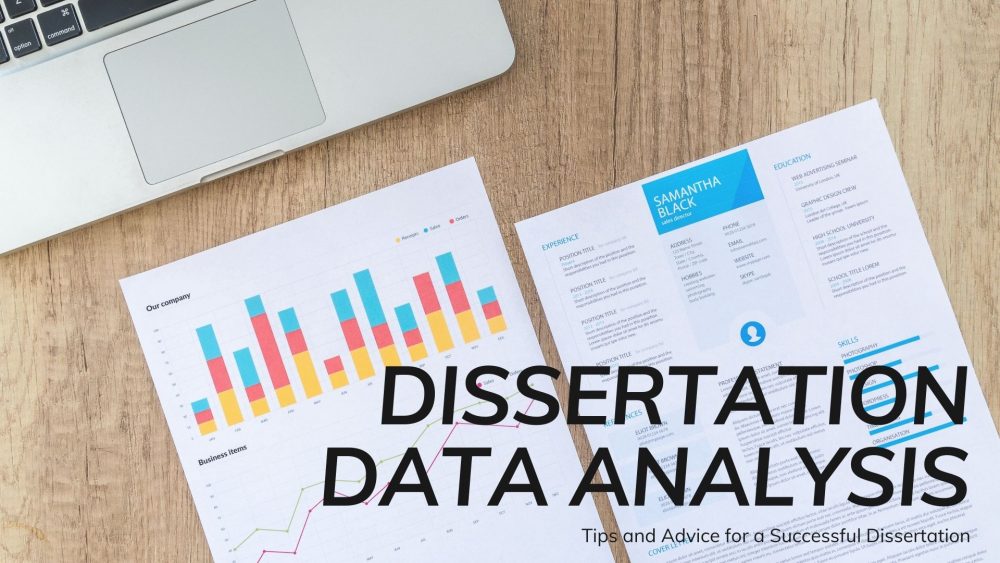What do I consider when choosing my dissertation topic?
 Are you asking yourself this question, what do I consider when choosing my dissertation topic? As the ultimate and most significant submission of your academic program—one that greatly influences your professional trajectory—selecting a dissertation topic requires careful thought. Choosing a research subject is considered one of the most challenging choices you will face during your time at university. You probably want an interesting topic that will yield good results for the dissertation and most importantly impress your supervisor. Conversely, the topic you choose for your dissertation often determines the period you would take to complete your research. This means that it must be something you love because you will have to deal with it for a lengthy period. There are a couple of aspects you have to consider when determining a dissertation topic:
Are you asking yourself this question, what do I consider when choosing my dissertation topic? As the ultimate and most significant submission of your academic program—one that greatly influences your professional trajectory—selecting a dissertation topic requires careful thought. Choosing a research subject is considered one of the most challenging choices you will face during your time at university. You probably want an interesting topic that will yield good results for the dissertation and most importantly impress your supervisor. Conversely, the topic you choose for your dissertation often determines the period you would take to complete your research. This means that it must be something you love because you will have to deal with it for a lengthy period. There are a couple of aspects you have to consider when determining a dissertation topic:
- Relevance: Relevance has to be among the keys to selecting a topic for your dissertation. Your topic mudate-and to date and reflect recent world trends. Due to current world advances, you have to match up with the present world for your work to be considered relevant. Subsequently, choosing an irrelevant topic may give you a difficult time trying to find resources for the topic.
- Literature background: Look for a variety of literature sources on whether or not the topic has been sufficiently researched. The dissertation topic probably has to be worth the investigation based on previous relevant literature information. You can peruse through different databases and literature sources, find opportunities where you can fill the existing gaps, and develop fascinating research. You may ask yourself, “What other information has not been published on the topic?” This is just to assist you narrow down your topic into a broader context. Your main goal here is to identify topics that experienced shallow investigation and fill in the existing knowledge gaps.
- Be objective: Dissertation topics are not obtained through motivations or inspirational thoughts as assumed by the majority, but rather through a hard-earned series of complex procedures. Being objective enables you to be optimistic and focus more on the positive side rather than the negative side of your research. You can have a list of your potential dissertation topics and have a preview of their background. Perform some analysis on them and find out whether they can make your research broad and attainable. You can source your potential topics from previously written dissertations, libraries, professional journals, the internet, and at times from leading professional scholars and authors.
- Attainable and original: It is necessary to select a dissertation topic that is easy to obtain data for the study within a given stipulated period. Ensure that it does not give you a hard time that tempts you to manipulate unnecessary data simply because you cannot find resources for your research. That kind of backward method can mess up your whole dissertation. Be innovative, work on something that no one has ever done before, and supplement the missing knowledge in the process.
- Liaise with your supervisor: The department provides you with a supervisor monitoring your work once you hand in your dissertation proposal. It is very important to interact with your mentor on some of the potential dissertation topics because they are more exposed and experienced. Your academic supervisor is of much significance since they anchor you throughout your academic progress and can also offer great recommendations for your dissertation. Furthermore, it is important to get advice from them on how to limit areas of topic selection. There are some fields where the title you choose determines the amount the amount of research questions you are expected to pose. Accordingly, you also have to adhere to your institution’s demands because some restrict topic selection from certain fields.
Types of Research
Extra criteria for dissertation topic selection.
Since a dissertation is an academic piece that signals your final year of study, it has to be unique on its own. It is significant to come up with something diverse, carry out your research, and be sure to conclude wisely. It sounds prudent to apply a different approach to narrow down a particular topic that has not been drenched with research. You can also use a different perspective and still maintain your work’s uniqueness. However, you must not be too narrow since your topic has to be a challenging one in that, it necessitates broader research and still meets the required word count. Find out whether there are adequate resources to support your ideas. A manageable dissertation topic gives you enough confidence that you require to develop your work. Choose a topic that well suits your skills and experience rather than one that will drag you to a dead end in the middle of your investigation. There is also a case whereby dissertation topics can change at the end of your research. This is somewhat triggered by supplementary information amidst the study. It is considered because when additional information is introduced in your work, you must not have to stick to the previous topic.
What do I consider when choosing my dissertation topic? We Are Here For You!
Choosing the right research topic for your dissertation is a critical step that will impact the rest of your research journey. Take the time to explore your interests and seek inspiration from coursework and previous research. With careful consideration and planning, you’ll be well on your way to a successful dissertation. Remember that if you need expert guidance and support with your dissertation, you can always reach out to us. We’ve assisted thousands of students in achieving top grades and we’re here to help you too.
Get a 15% Discount on Your First Order!

